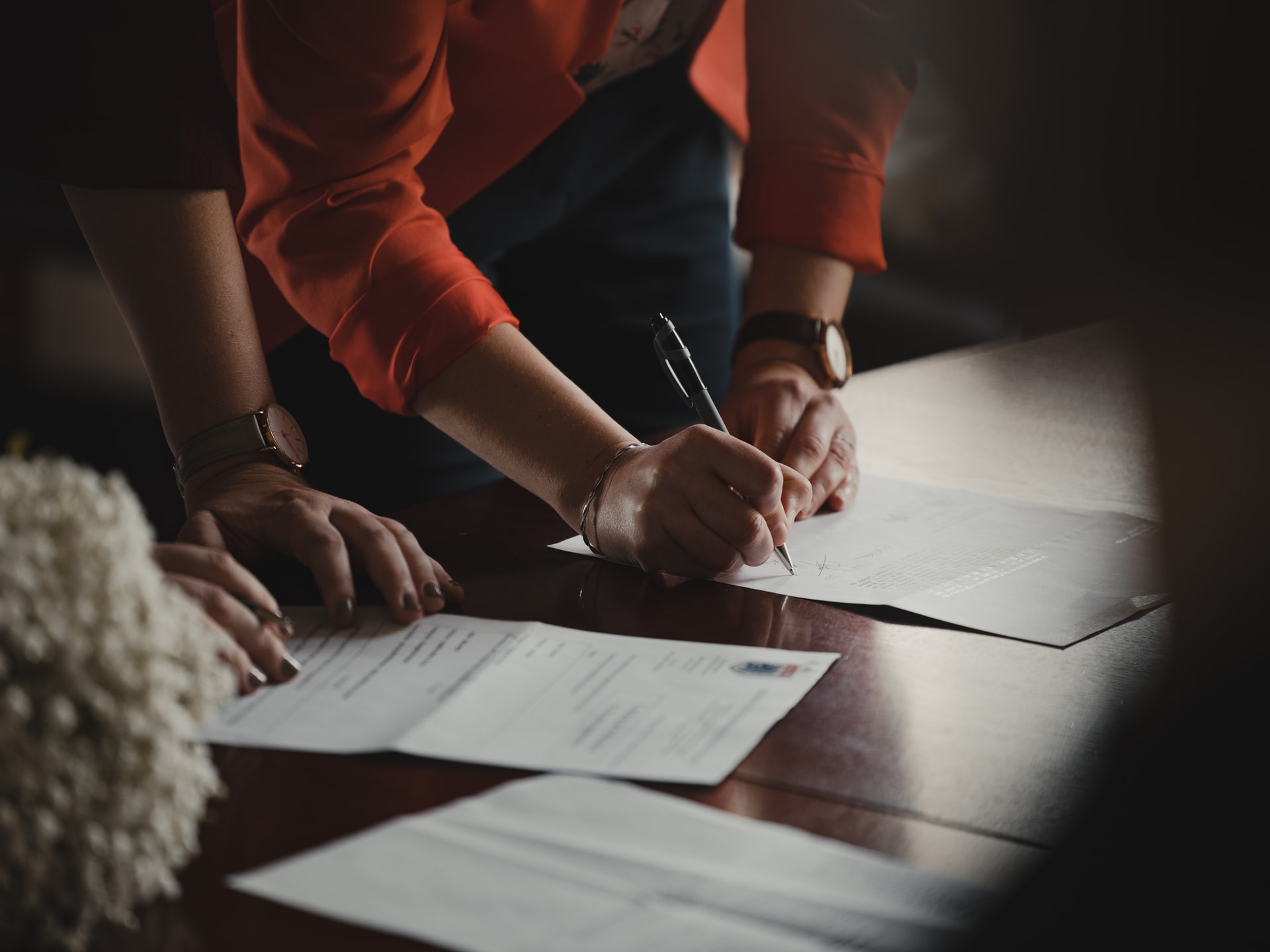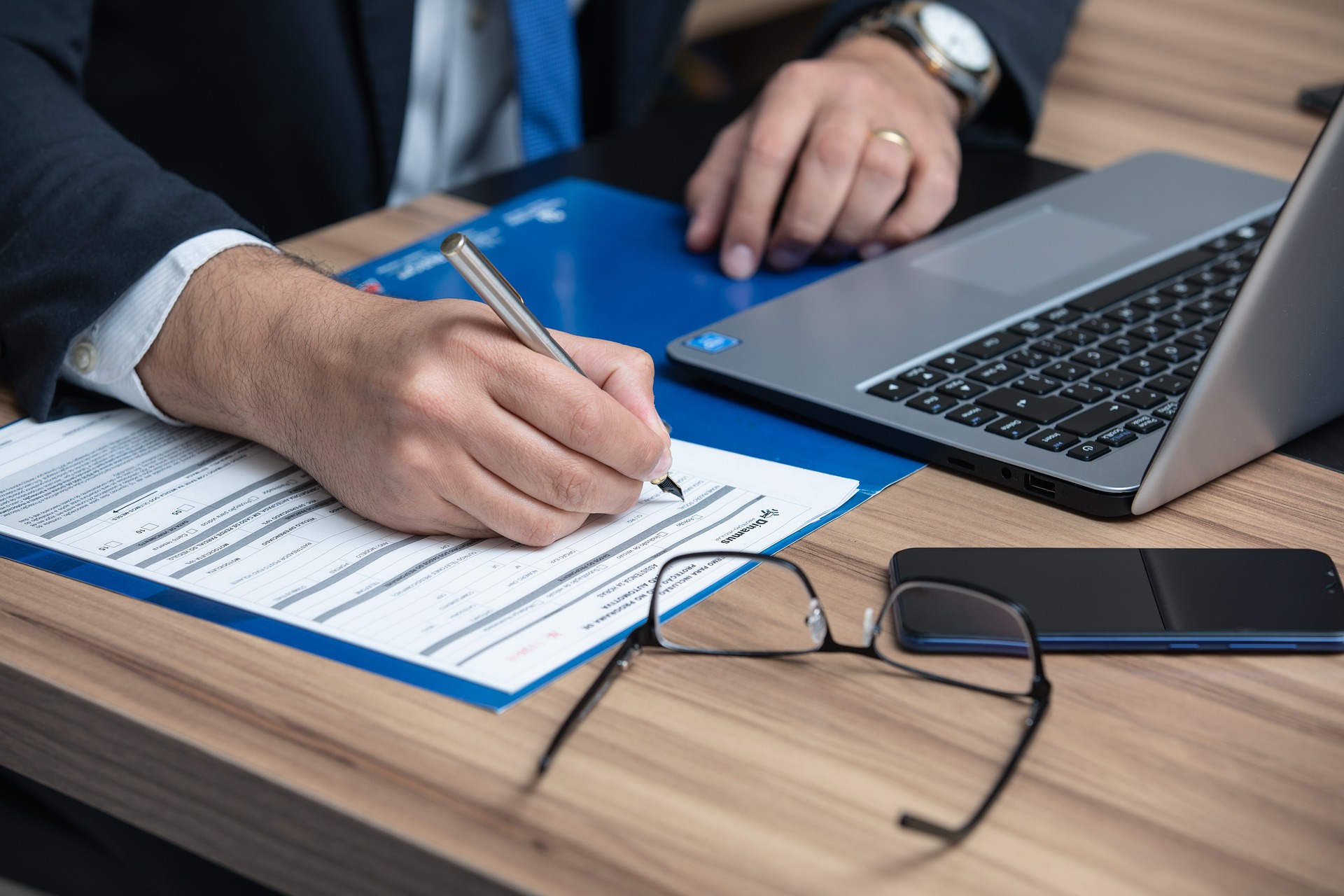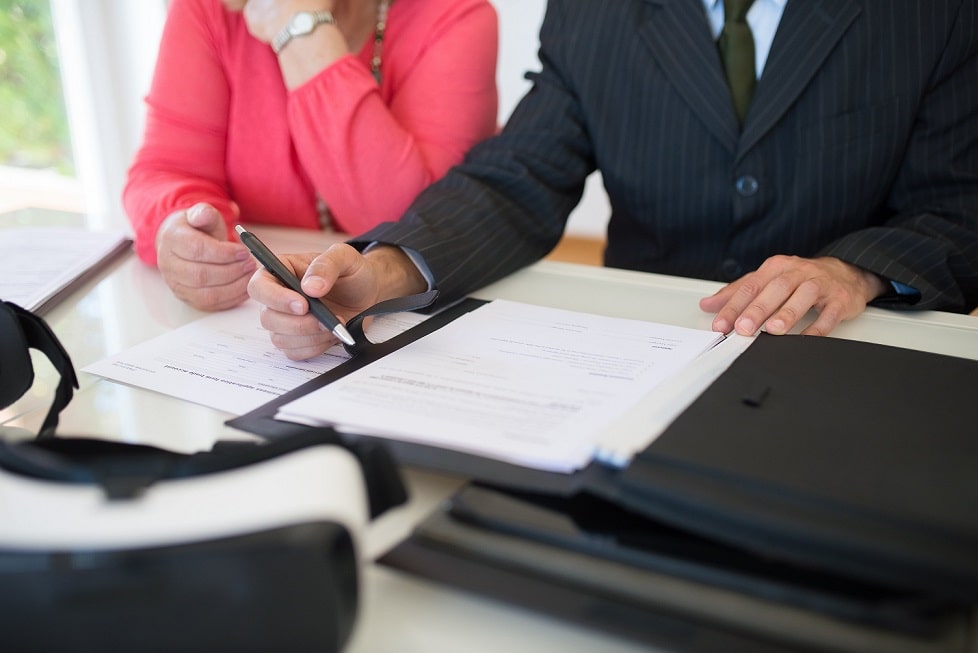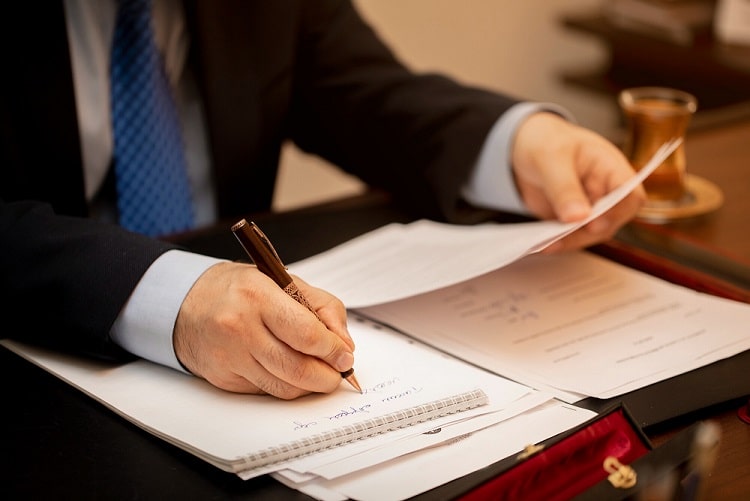 If you sustain injury on someone else’s premises or land, then you may be entitled to recover compensation. This is because occupiers of premises or land are under a duty to take reasonable care for those using the premises or land. This area of law is commonly governed by the Occupiers Liability Act 1957 (which deals with accidents involving lawful visitors) and the Occupiers Liability Act 1984 (which deals with accidents involving trespassers).
If you sustain injury on someone else’s premises or land, then you may be entitled to recover compensation. This is because occupiers of premises or land are under a duty to take reasonable care for those using the premises or land. This area of law is commonly governed by the Occupiers Liability Act 1957 (which deals with accidents involving lawful visitors) and the Occupiers Liability Act 1984 (which deals with accidents involving trespassers).
An “occupier” of premises or land is someone who is in control of that premises or land. This could be control of a supermarket, a shop, a warehouse, a car park, etc. The occupier could be an individual, a company, a local council or a partnership. If there is an argument or disagreement as to whether or not someone is an occupier, the Courts look at the judgement in Wheat v Lacon [1966] which noted that a person is an occupier if he has a sufficient degree of control over premises that he ought to realise that any failure on his part to use care may result in injury to a person lawfully there. The Occupiers Liability Act also notes that occupiers must be prepared for children to be less careful than adults. This means that if a child does something a little bit silly, such as eating poisonous berries in a park, sustaining injury, then liability could be established – this was the facts in the case of Glasgow v Taylor [1922].
Read More

 If you have sustained
If you have sustained  Pre-action protocols were introduced for a number of reasons. The main reason was to speed up the claims process by providing guidelines as to when insurers should respond to a claim. Most
Pre-action protocols were introduced for a number of reasons. The main reason was to speed up the claims process by providing guidelines as to when insurers should respond to a claim. Most  Most industry workers will be aware of the term PPE, or Personal Protective Equipment. In many jobs PPE is required in order to keep workers safe and free from injury or harm. Without adequate PPE injuries are more likely to occur and this ultimately can cost a company a lot of money in dealing with
Most industry workers will be aware of the term PPE, or Personal Protective Equipment. In many jobs PPE is required in order to keep workers safe and free from injury or harm. Without adequate PPE injuries are more likely to occur and this ultimately can cost a company a lot of money in dealing with  Most people want to know at the outset of a claim how much compensation they are likely to recover. While this question is understandable to ask, Solicitors cannot give you a value with any great certainty at the outset of your claim. To understand why this is the case, you need to look at how claims are valued. In law, another term for value is quantum. When a claim is initiated your injuries are more likely to be still ongoing rather than resolved, unless there was some delay between the accident and you
Most people want to know at the outset of a claim how much compensation they are likely to recover. While this question is understandable to ask, Solicitors cannot give you a value with any great certainty at the outset of your claim. To understand why this is the case, you need to look at how claims are valued. In law, another term for value is quantum. When a claim is initiated your injuries are more likely to be still ongoing rather than resolved, unless there was some delay between the accident and you  If you sustain injury on someone else’s premises or land, then you may be entitled to recover compensation. This is because occupiers of premises or land are under a duty to take reasonable care for those using the premises or land. This area of law is commonly governed by the Occupiers Liability Act 1957 (which deals with accidents involving lawful visitors) and the Occupiers Liability Act 1984 (which deals with accidents involving trespassers).
If you sustain injury on someone else’s premises or land, then you may be entitled to recover compensation. This is because occupiers of premises or land are under a duty to take reasonable care for those using the premises or land. This area of law is commonly governed by the Occupiers Liability Act 1957 (which deals with accidents involving lawful visitors) and the Occupiers Liability Act 1984 (which deals with accidents involving trespassers). Hearing deteriorates with age and this is something that we cannot avoid. As we get older it is likely that we will require hearing aids. When people start to lose their hearing it is natural and automatic to put the deficiency down to age. However if you worked in an environment with excessive noise levels, have you considered that you may be suffering from industrial deafness/noise induced hearing loss?
Hearing deteriorates with age and this is something that we cannot avoid. As we get older it is likely that we will require hearing aids. When people start to lose their hearing it is natural and automatic to put the deficiency down to age. However if you worked in an environment with excessive noise levels, have you considered that you may be suffering from industrial deafness/noise induced hearing loss?  Many people rely on public transport to get around and the most common kind of public transport is the bus networks. Most of us live within close proximity to bus stops unless you live in a rural area. If you get on a bus and sustain injury, whether that injury be caused by defective items on the bus or by the driver’s negligence, then you may be entitled to
Many people rely on public transport to get around and the most common kind of public transport is the bus networks. Most of us live within close proximity to bus stops unless you live in a rural area. If you get on a bus and sustain injury, whether that injury be caused by defective items on the bus or by the driver’s negligence, then you may be entitled to  To people who do not work in law, contributory negligence may be a challenging term to explain. Basically contributory negligence is an element of blame or fault. It is probably best explained by use of examples. Contributory negligence is important as it can greatly affect the compensation that you are entitled to.
To people who do not work in law, contributory negligence may be a challenging term to explain. Basically contributory negligence is an element of blame or fault. It is probably best explained by use of examples. Contributory negligence is important as it can greatly affect the compensation that you are entitled to. It’s fairly safe to say that in this modern age of consumerism and convenience shopping that we all have a local supermarket and whether you enjoy your weekly shop or have to be dragged down the aisles kicking and screaming they are pretty much unavoidable.
It’s fairly safe to say that in this modern age of consumerism and convenience shopping that we all have a local supermarket and whether you enjoy your weekly shop or have to be dragged down the aisles kicking and screaming they are pretty much unavoidable. Tripping up is something that can happen almost anywhere, even if sometimes it may be a trip over our own feet rather than over a dangerously placed object. Most claims for tripping up arise out of trips out and about in a public place. Most trips occur outside in the high street and are caused by raised paving slabs, uncovered manholes, potholes etc…
Tripping up is something that can happen almost anywhere, even if sometimes it may be a trip over our own feet rather than over a dangerously placed object. Most claims for tripping up arise out of trips out and about in a public place. Most trips occur outside in the high street and are caused by raised paving slabs, uncovered manholes, potholes etc…









